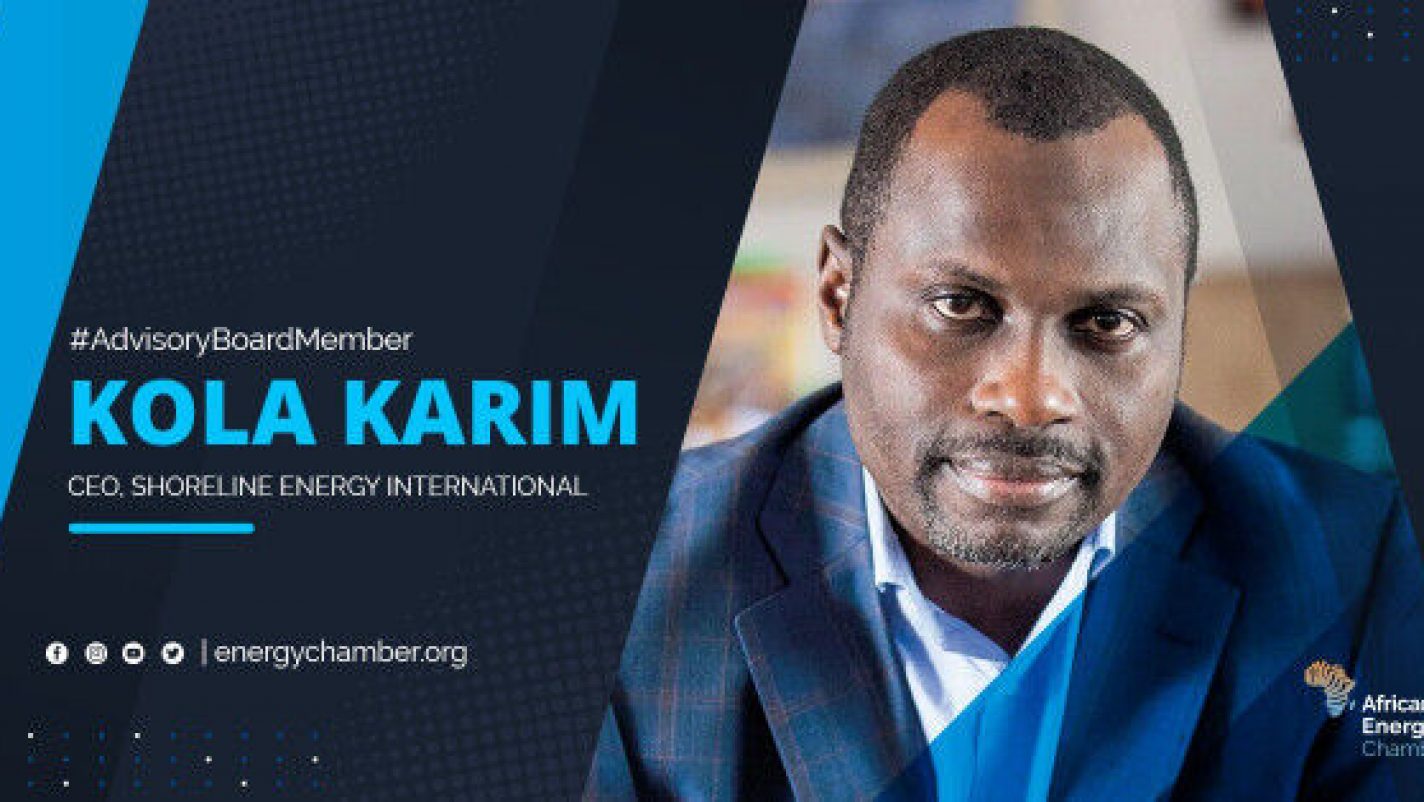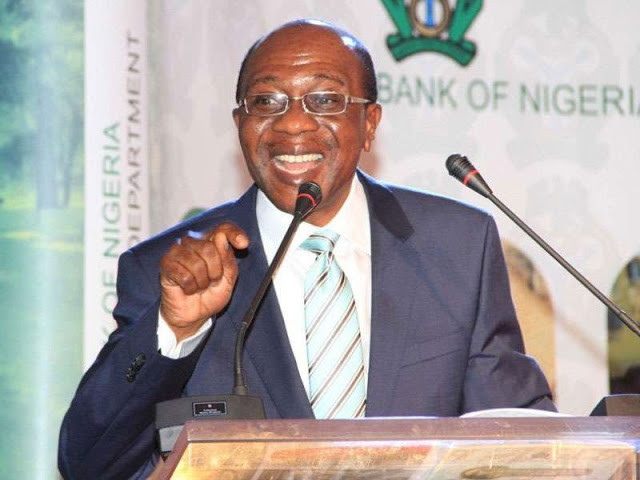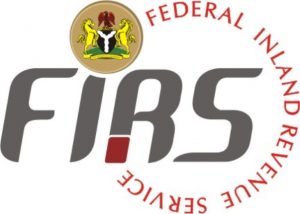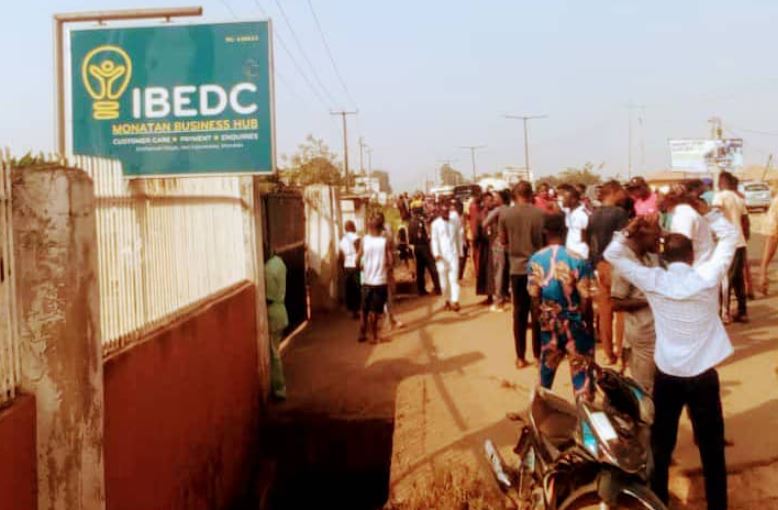
How Africa Can Address Oil Production Decline-Kola Karim
Despite being blessed with abundant oil and gas resources, Africa’s production has been on the decline, representing a challenge for the continent as moves to initiate a COVID-19 economic recovery and address















